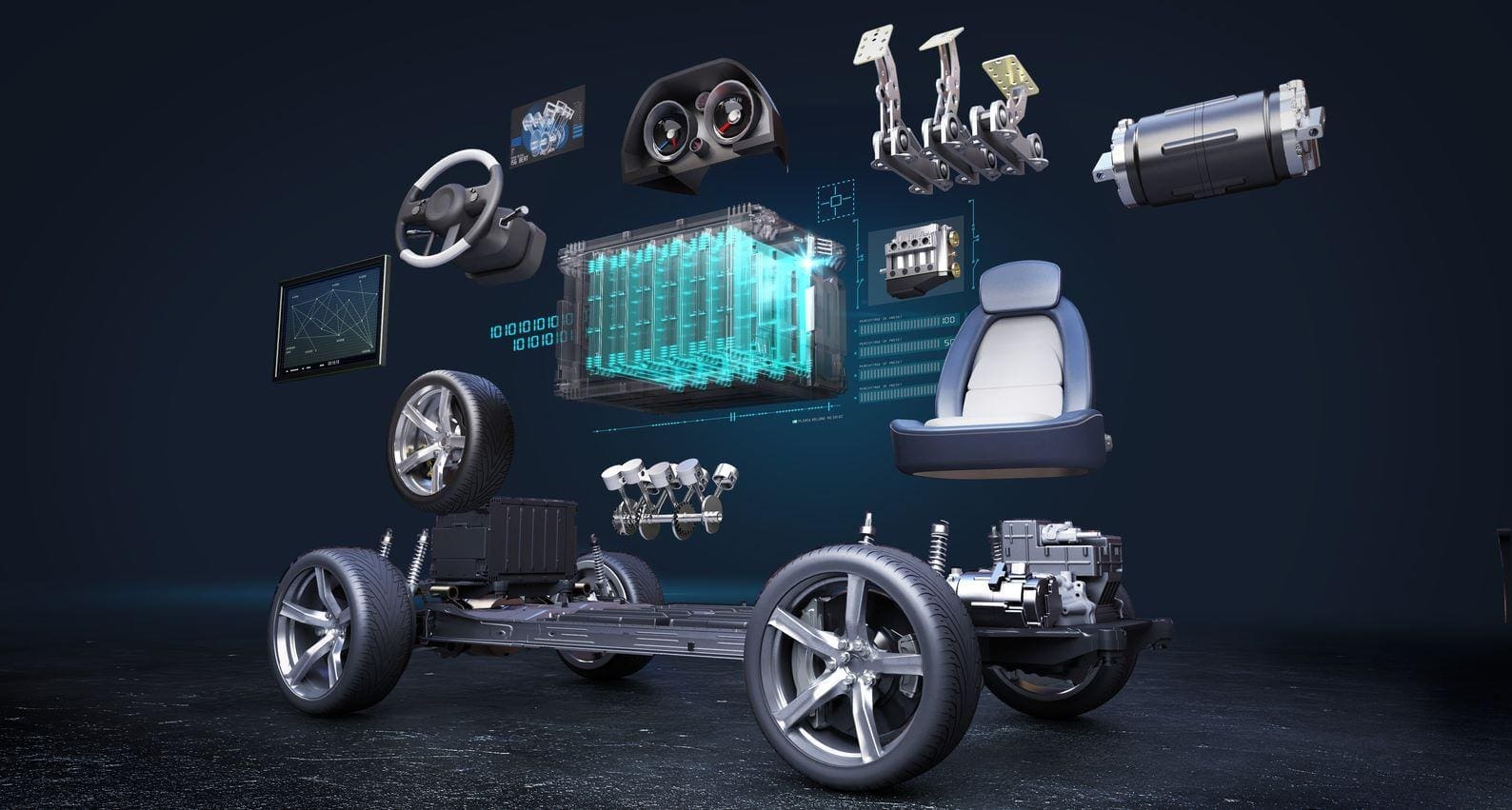Reliable and more efficient batteries are essential for the future of electric vehicles. We require batteries with increased resilience against impacts and fires, quick charging times, and long driving range in order to attain optimal efficiency. Solid-state batteries, also referred to as the “Holy Grail,” might be the answer.
Solid-State Batteries: What Are They?
Solid-state batteries employ a solid electrolyte to move ions between electrodes, in contrast to conventional lithium-ion batteries that use liquid electrolytes. They are able to store more energy in a shell of the same size as a result. Furthermore, they do away with the combustible liquid electrolytes, enhancing car safety and facilitating quicker recharges (up to 15 minutes for a range of more than 480 kilometers).
Present Difficulties
Solid-state batteries hold great potential, but they are not yet suitable for large-scale manufacturing. Though they have technological challenges, they offer a higher energy density. Common graphite anodes have the potential to form dendrites, which are needle-like structures that can result in short circuits. Over several charge cycles, the solid electrolyte material also has a tendency to break and deteriorate.
Gazing Forward
With anticipated breakthroughs by 2027, a number of firms, including Toyota, are vying for commercialization of this technology. Scaling up solid-state batteries for use in automobiles is still difficult, though, and will take a lot of money in order to establish a trustworthy supply chain and cut costs.

